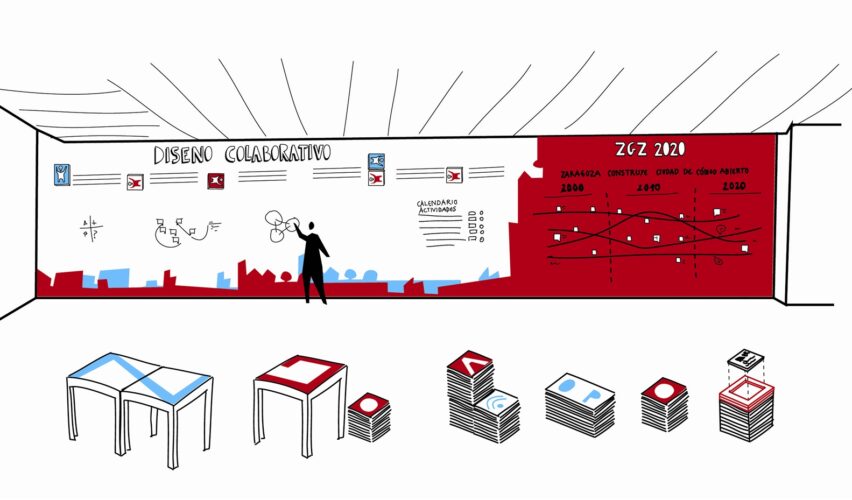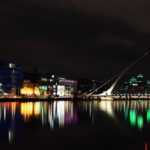From the beginning of urbanization to the end of the 20th century, the historical ability of cities to adapt its form and function to the changing needs of people have been founded on a close relationship between urban planning and infrastructures. Traditionally servicing the purposes of urban planners, the role of infrastructures in cities is changing in this digital era. Digital infrastructures have contributed to the intentions of urban planners to revitalize city downtowns, recovering them as centers of production. Paradoxically, some of those digital entrepreneurs run today Internet giants like Google, Über, AirBnB or Amazon, and are launching innovative services at a much quicker pace than city authorities can regulate them. They are shaping, for good or bad, urban life.
Planning and operation of cities can no longer ignore this reality. It is essential that more agile practices be adopted so city policies become more responsive to changes. Participation has also to be reinforced, not only to strength democracy, but because the quest for solutions to these new challenges can not afford to lose grass-root ideas. After decades of top-down planning too heavily influenced by the short-term financial needs of cities and market logics, urban sprawl has left scars in the form of mono-functional districts, no-places, voids and vacant plots. In the last years, a new civic activism is rising and giving, through open place-making, a new life to some of those urban holes.
This paper argues that, in order for urbanism to cope with digital technologies and participation, a different kind of institutions are needed. According to the renowned Smart City guru Anthony Townsend Zaragoza’s (Spain) ‘Etopia Center for Arts and Technology’, named after William J. Mitchell’s book ‘E-topia’, is one of a kind […]: an open agora that is wired, through its Open Urban Lab, to the design and operation of the open source ‘smart city’ that Zaragoza intends to be.
In an attempt to explore a step further beyond oGov, Zaragoza’s Open Urban Lab borrows concepts from open source, agile methodologies and lean startup thinking to construct a distinctive innovation cycle that benefits from ‘Etopia’s mix of uses and diverse communities, and that takes advantage of cooperation between stakeholders to maximize results and minimize frustrations. Open Urban Lab’s open innovation cycle identifies urban challenges and funds the construction of quick, simple Minimum Viable Products to address them. The paper addresses the difficulties to build strong business models in the smart city sector, and gives hints about where to look to find them: energy and (big) data. It finishes stressing the importance of empowering local communities (specially children) in the creation of the new digital products and services, as the only way to turn the threats of technification and globalization into unexpected opportunities.
Access to full paper here.
This article is published under a Creative Commons license. Some rights reserved.



















